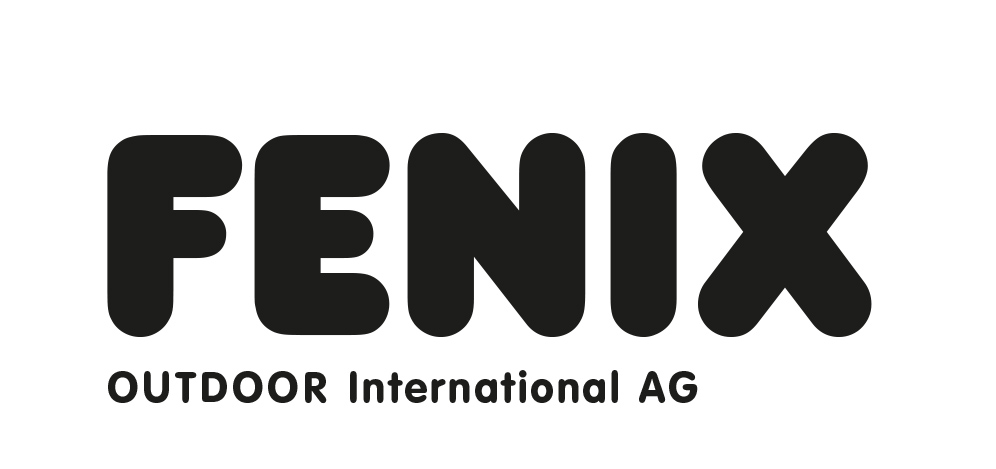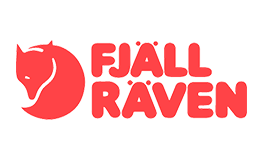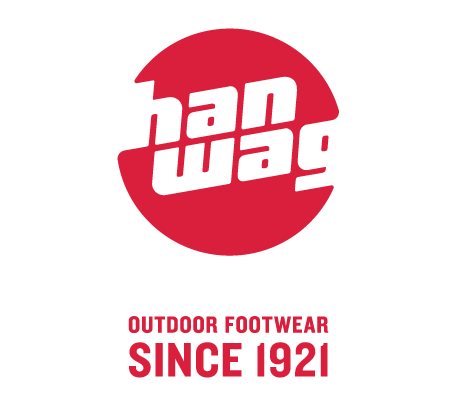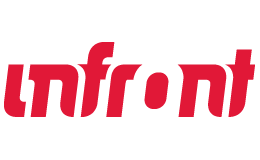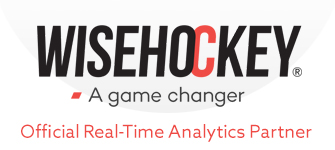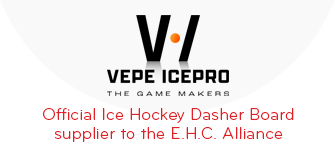Panel discussion on cost control opens Hockey Business Forum
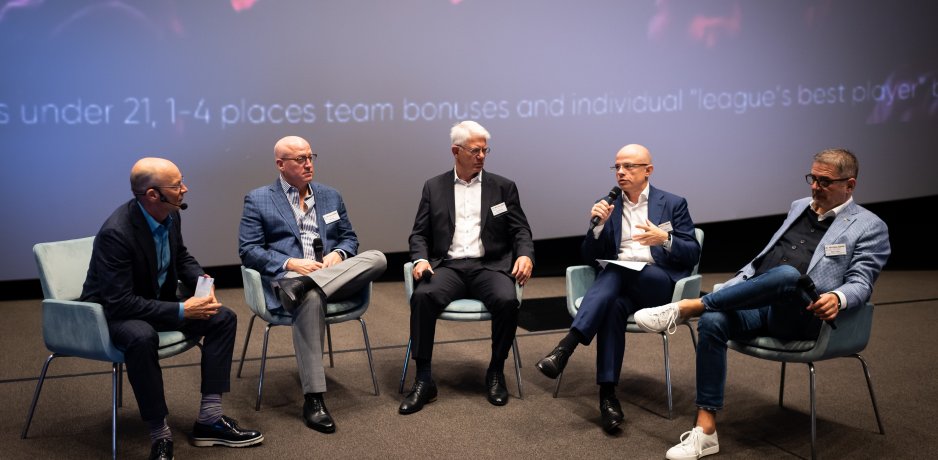
BERLIN – The 2019 E.H.C. Hockey Business Forum opened with a lively panel discussion on the economics of hockey in Europe and North America. In particular, whether or not salary controls could be implemented in European leagues was discussed.
Members of the panel included NHL Deputy Commissioner Bill Daly, E.H.C. President and SC Bern CEO Marc Lüthi, KHL Vice-President Alexey Krasnov and IIHF Council Member and German Ice Hockey Association President Franz Reindl. The discussion was moderated by Forum emcee Paul Romanuk.
Romanuk started by outlining the contrast between North American and European societies and sports. Whereas North American society tends to be more capitalist and European society more socialist, “In sports, it could not be more opposite,” he said.
While in European sports it tends to be survival of the fittest, professional sports leagues in North America have devices in place to ensure cost certainty and competitive balance, with the NHL having the most restrictive system of all the major leagues.
“The competitive balance is unparalleled and that adds to the entertainment value,” said Daly. “We don’t have many teams that stay on the bottom for too long and that adds the entertainment.”
Due to the salary cap, Daly said: “The league’s never been healthier or stronger, which is to the benefit of everybody.”
The cap was instituted for the 2005/06 season after losing the previous season due to a league-imposed lockout. While that was difficult for everyone to endure, Daly explained that all teams were on board because “the business was sick and everybody recognized that.”
In the 14 seasons since the lockout, nine different teams have won the Stanley Cup, while European leagues tend to be dominated by a few strong teams. Eisbären Berlin (seven), Red Bull Munich (three) and Adler Mannheim (three) have accounted for 13 of the last 15 DEL titles. In the Swiss National League, only three teams have won in the past 13 years – Bern (five), the Zurich Lions (four) and HC Davos (four).
“No salary cap in Europe,” Lüthi was quick to reply when asked. “In many countries it’s forbidden by law. Yes, it would be good if we had some kind of controlled system because not every team follows the principle of not spending more, but it’s not easy to implement this kind of system within the existing legal system.”
While acknowledging that current laws would make an NHL-style system difficult to implement, Reindl was not as strong as Lüthi in his refusal. “We can’t say ‘It’s not possible’. We have to find a way. I’m absolutely in favour of finding a better way to control costs, especially salaries.”
The KHL currently has a soft cap but in this 2019/20 season it has implemented a hard cap ceiling of 15 million euros per team and also introduced a cap floor. The numbers are projected to increase in future seasons. Players under 21 are excluded from the cap in order to encourage player development, as are league award winners and a certain number of team exemptions.
“We have three goals related to finance,” said Krasnov. “The financial sustainability of the clubs, financial fair play – which will be accomplished through the cap ceiling and floor – and growth of the clubs' commercial income.”
The mention of the term “financial fair play” sparked a brief discussion about the system in European football, where teams are not allowed to spend more than salaries than they generate in revenues, with non-compliant teams barred from UEFA competitions. While there was some positive reaction to this suggestion, the problem in hockey would be enforcement – the IIHF doesn’t have the kind of weapons at its disposal as UEFA to punish clubs.
Reindl brought up the Swedish model, where SHL clubs have to show a positive financial balance at the start of each season.
Along with the NHL’s salary cap is a system of revenue sharing. Romanuk asked if this kind of system could exist in Europe.
“This is something we do already,” said Lüthi. “We share the TV money regardless of which teams are more popular, and we share other central revenues. But when it comes to gate receipts, we can’t do it because everyone’s situation is different. Some teams pay millions for their arenas, while other teams pay nothing.”
Krasnov was similarly dismissive of a system where richer clubs subsidized smaller ones in Russia, stating: “This isn’t really a problem. We already have many collective sources of revenue that are shared evenly between all KHL clubs.”
Ultimately, the mention of several interesting ideas doesn’t seem to have moved most European leagues closer to a system of cost certainty that the NHL has. Before moving on to the rest of the Forum, Romanuk concluded the panel discussion by saying: “We didn’t solve any problems but we got a good discussion going.”
Photo: Florian Pohl/City-Press GmbH
